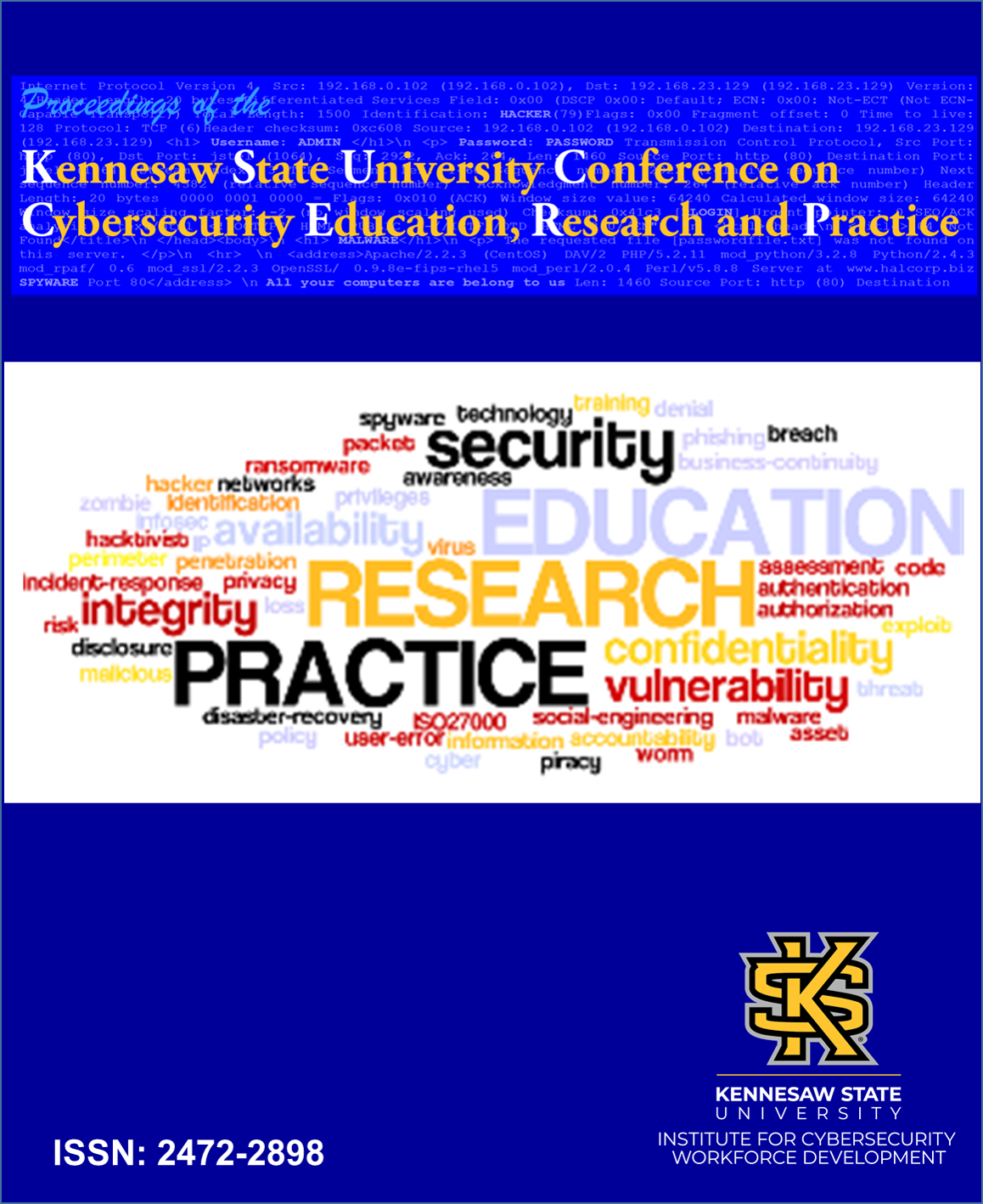Investigating the Influence of Perceived Uncertainty on Protection Motivation: An Experimental Study
Abstract
IS users and organizations must take necessary measures to adequately cope with security threats. Considering the importance and prevalence of these issues and challenges, IS security research has extensively investigated a variety of factors that influence IS users’ security intentions/behaviors. In this regard, protection-motivated behaviors are primarily based on individuals’ personal cognitive evaluations and vigilance. In reality, however, many users reach security hygiene decisions through various non-rational and non-protection-motivated processes. Such users may not necessarily rely on their own cognitive appraisals and information processing, but proceed to make decisions without careful cognitive assessments of security threats and coping responses. One promising lens for assessing these behaviors that may not be informed by rational and personal assessments of threats and responses is Herd Theory, which describes the phenomenon in which individual decisions are often influenced by other users’ decisions about their behaviors. Drawing on this theory, this study seeks to answer the following research questions by using an experimental design:. In uncertain circumstances, are individuals more likely to cope with security threats by following the herd?
Included in
Information Security Commons, Management Information Systems Commons, Technology and Innovation Commons
Investigating the Influence of Perceived Uncertainty on Protection Motivation: An Experimental Study
IS users and organizations must take necessary measures to adequately cope with security threats. Considering the importance and prevalence of these issues and challenges, IS security research has extensively investigated a variety of factors that influence IS users’ security intentions/behaviors. In this regard, protection-motivated behaviors are primarily based on individuals’ personal cognitive evaluations and vigilance. In reality, however, many users reach security hygiene decisions through various non-rational and non-protection-motivated processes. Such users may not necessarily rely on their own cognitive appraisals and information processing, but proceed to make decisions without careful cognitive assessments of security threats and coping responses. One promising lens for assessing these behaviors that may not be informed by rational and personal assessments of threats and responses is Herd Theory, which describes the phenomenon in which individual decisions are often influenced by other users’ decisions about their behaviors. Drawing on this theory, this study seeks to answer the following research questions by using an experimental design:. In uncertain circumstances, are individuals more likely to cope with security threats by following the herd?


